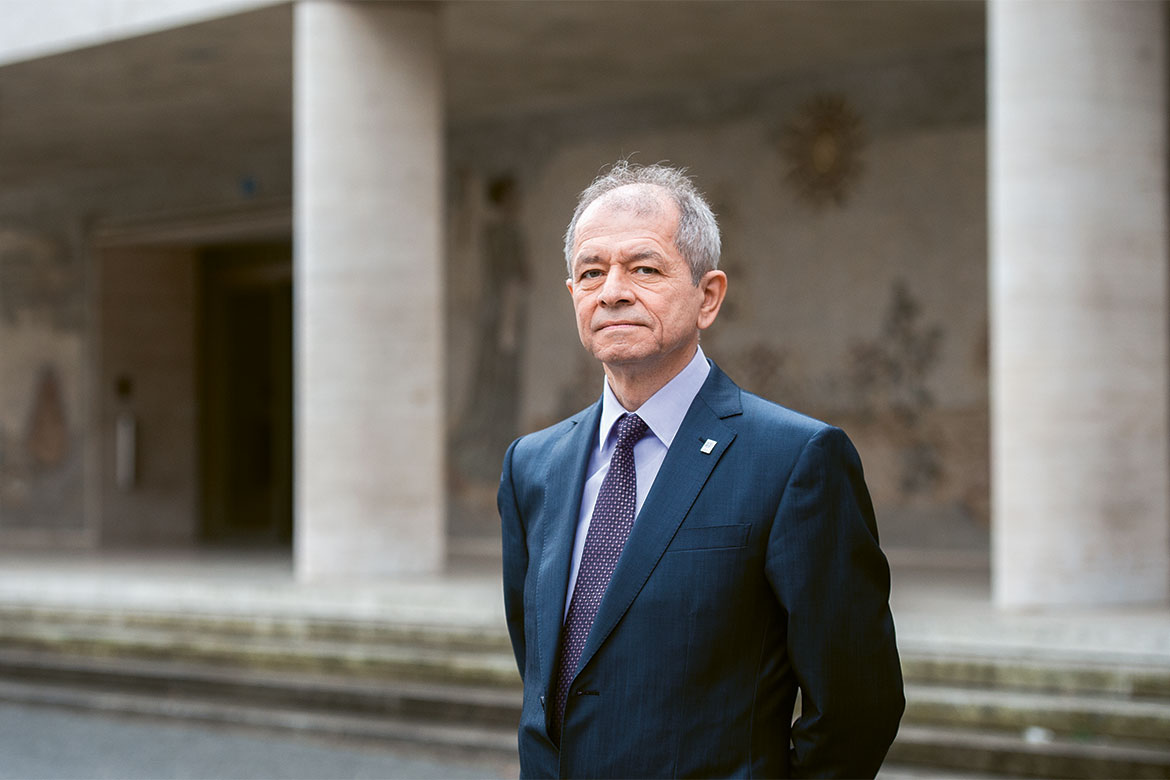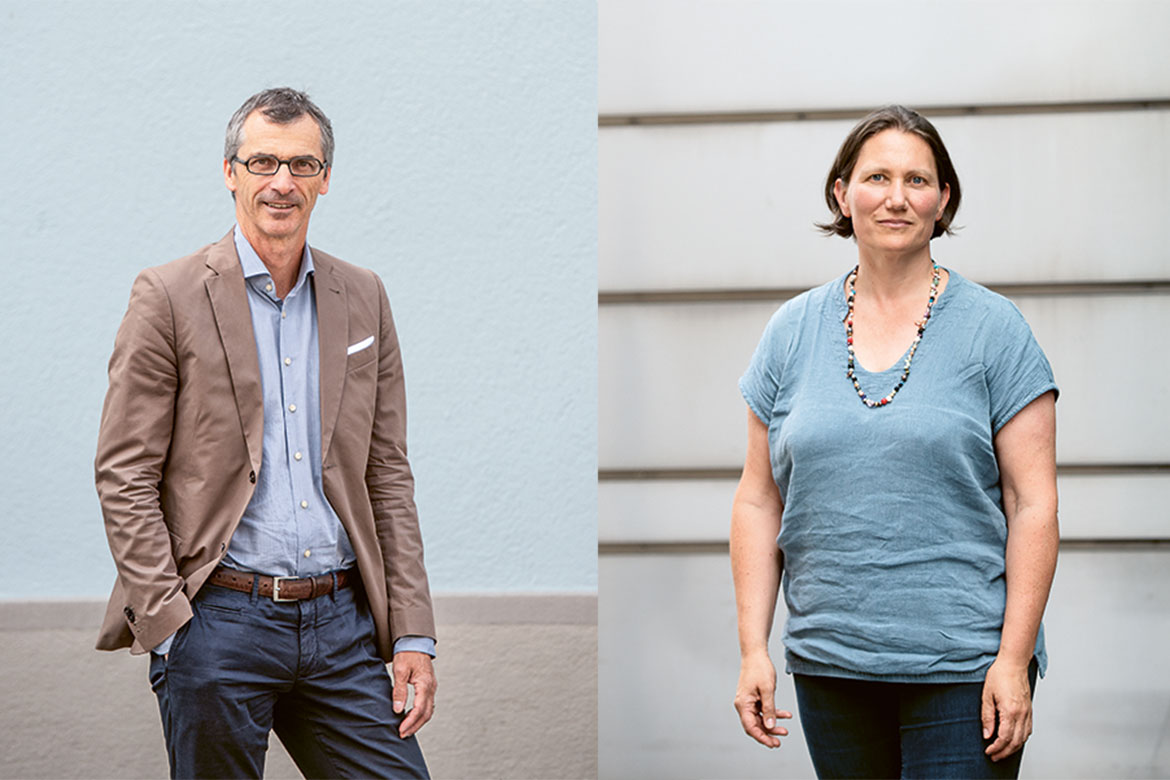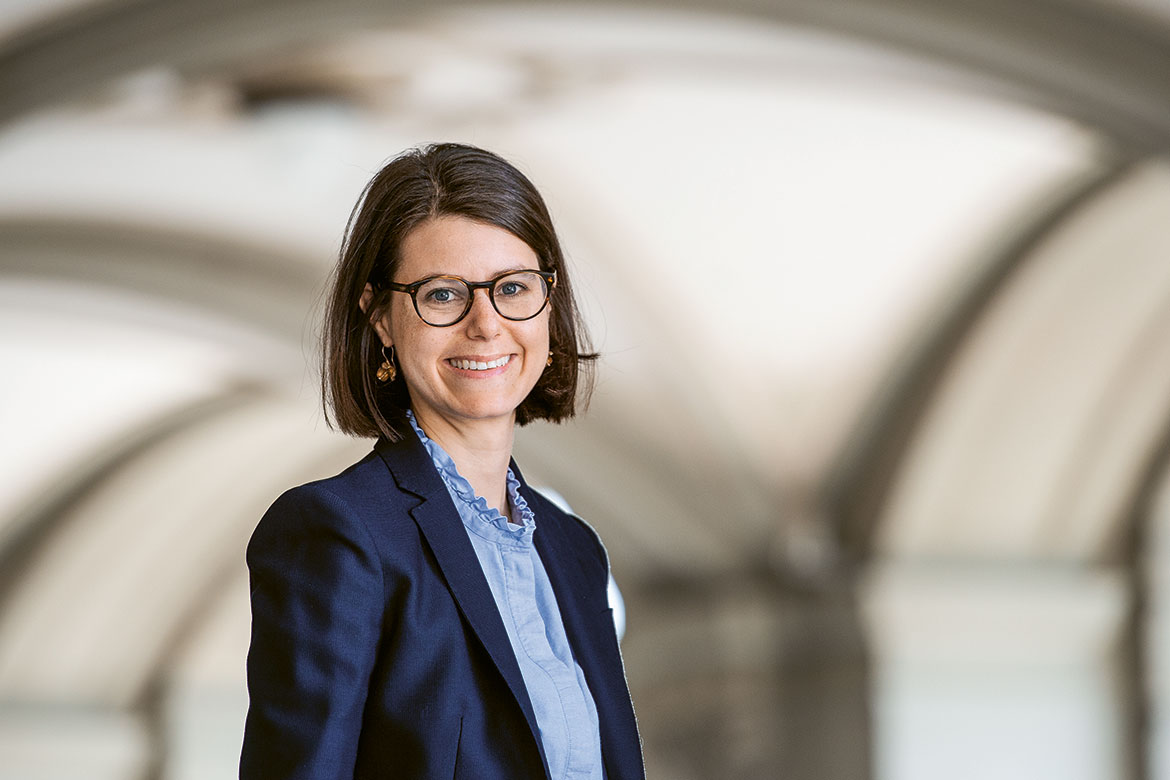People
Scholarship and political drama
Campaigning against gender dictatorship, hunting for evidence in a sea of hatred, and offering help to Afghan researchers – we look at three figures in the world of science who are leading by example.
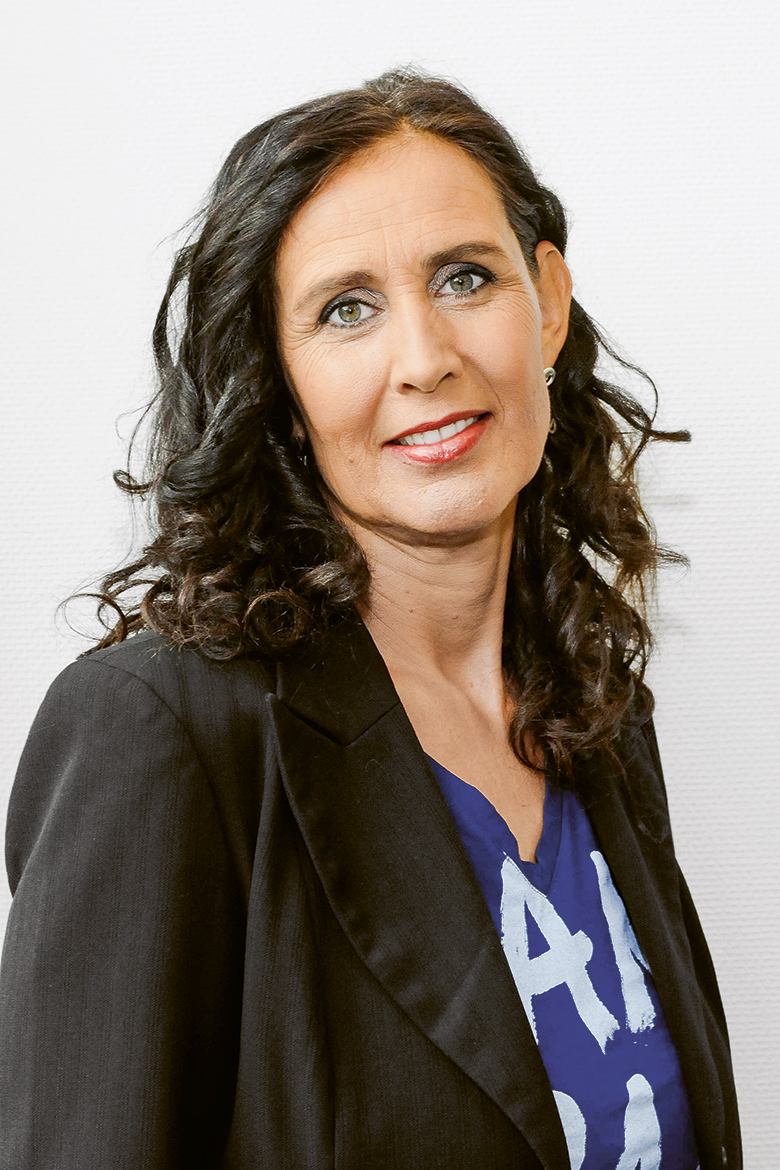
Image: Imago Images
Regula Stämpfli is a political scientist, university lecturer and author, and she’s horrified by the new Swiss Democracy Passport, a guide to democracy in Switzerland organised by the University of Bern and the Swiss Democracy Foundation. It only devotes a single sentence to the introduction of women’s suffrage in 1971, and describes the issue itself as merely a “democratic dilemma”. “This brochure is the biggest scandal in the jubilee year of women’s right to vote”, Stämpfli said to the newspaper Der Bund. This Swiss Democracy Passport is intended to be distributed to all Swiss embassies by the Federal Department of Foreign Affairs (FDFA) and will be handed out at the 10th Global Forum on Modern Direct Democracy in Lucerne in September 2022. On her blog (only available in German), Stämpfli is even more direct: “A country without rights for women is no democracy, but a dictatorship by gender”.
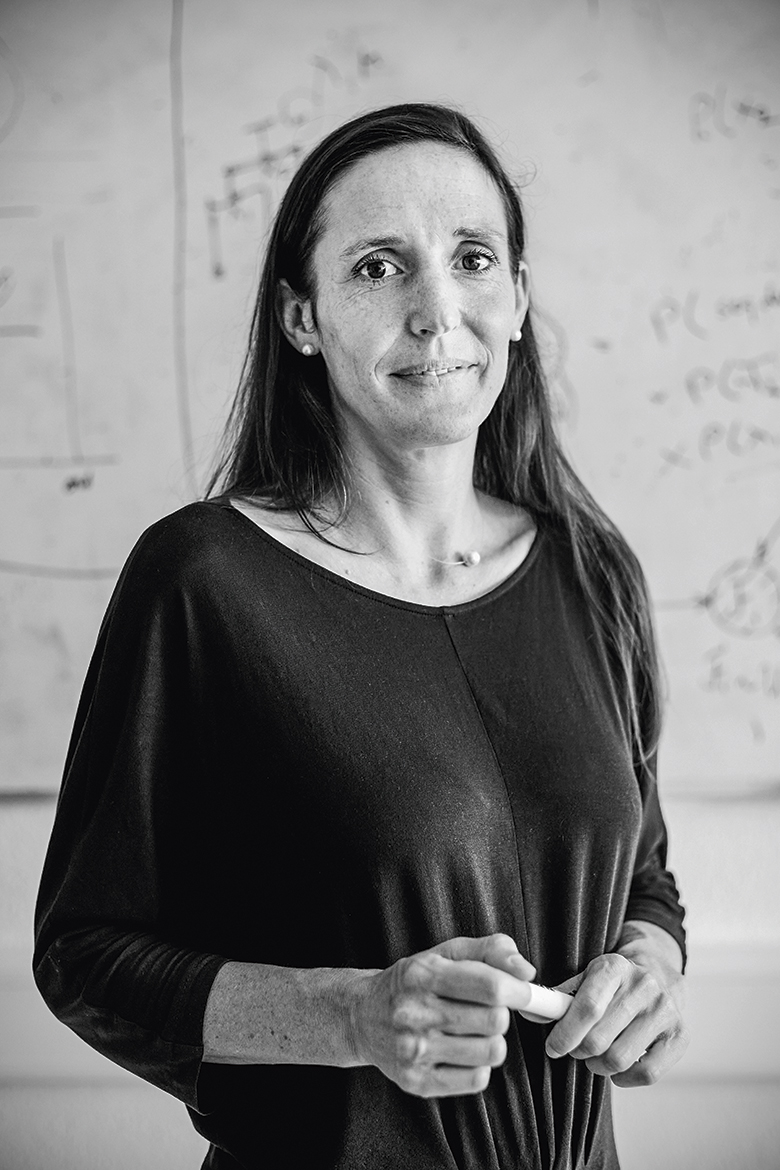
Image: 13 Photo
Tanja Stadler is a professor at ETH Zurich, and she’s been the chairperson of the Swiss National COVID-19 Science Task Force since August 2021. She is a mathematician and originally comes from Germany. Her team has been calculating the R0 value that everyone has heard about – at least since the third wave of the pandemic. She has also been a focus of much hatred, and has stopped opening packages sent by post that don’t state the sender, as she told the St. Galler Tagblatt. She took on the leadership of the Task Force at a time when differences of opinion about the measures surrounding the Covid certificate became especially intense. “Why do this to yourself?”, asked the Tagblatt. She replied: “The pandemic isn’t over. We still need evidence-based knowledge”.
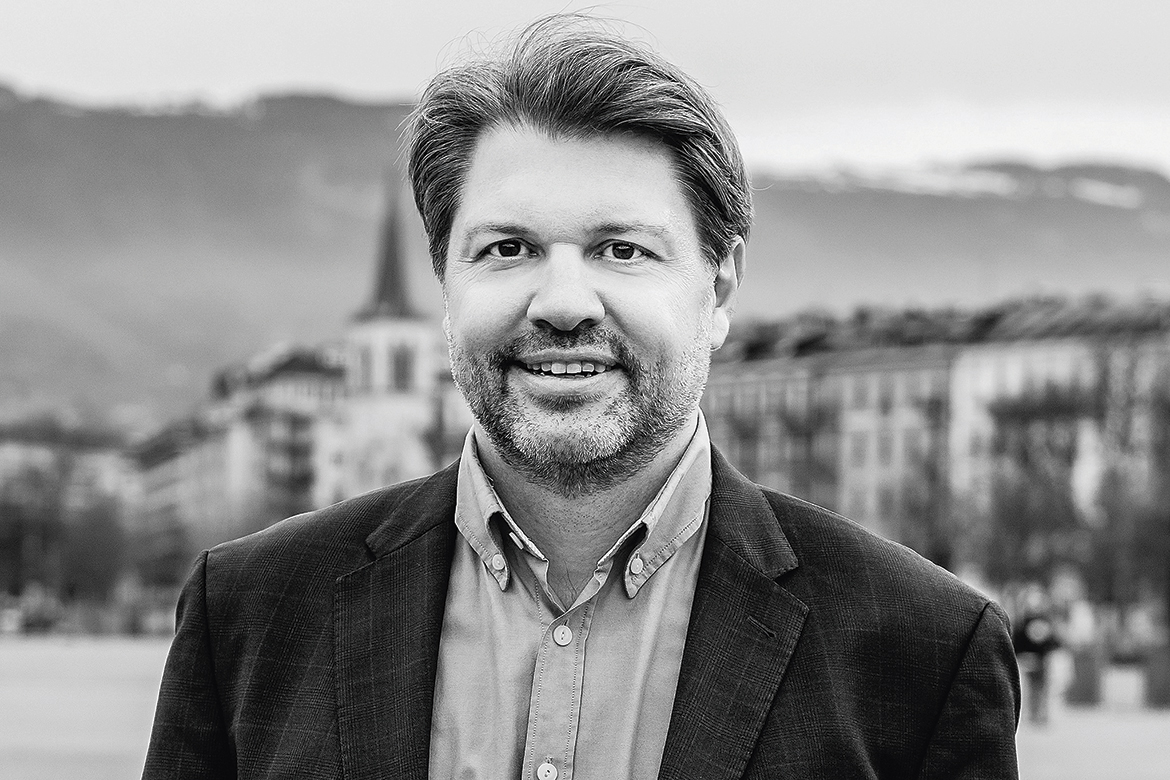
Image: zVg
Mathieu Crettenand is the integration officer at the University of Geneva. Since the Taliban recently regained power in Afghanistan, many universities have been keen to support Afghan researchers – including the University of Geneva. According to Crettenand, as quoted in the newspaper Le Courrier, the University of Geneva made inquiries both at the headquarters of Scholars at Risk in New York and among the networks of Genevan researchers. It then selected two Afghan researchers: a health expert who used to belong to the government, and a geographer. Why no women? “We could not find any in our networks, which is regrettable. There are surely not many of them left under the Taliban”.

